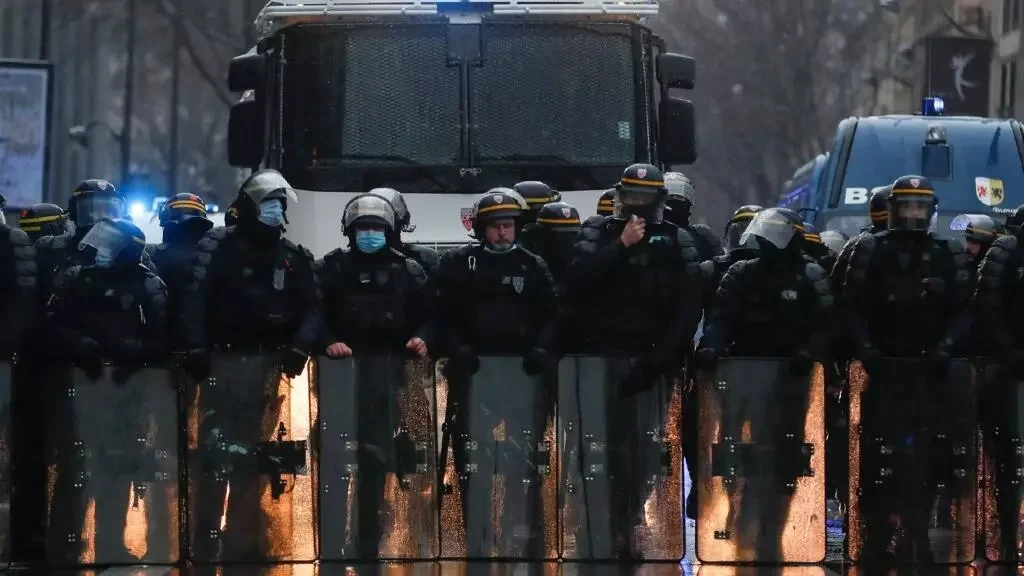France has initiated a public consultation process to rebuild trust in its police forces, which have faced mounting criticism over allegations of discrimination and excessive force. Named “Beauvau for Security” after the Paris square housing the Interior Ministry, the initiative aims to address public concerns through eight sessions running until May. These discussions, involving public officials, police and gendarmerie representatives, and experts, are expected to lay the groundwork for comprehensive security legislation.
Prime Minister’s Call for Reform
Speaking to police unions and representatives, Prime Minister Jean Castex underscored the need to alleviate the administrative burdens on security forces. “The security forces must be on the ground and closer to the populations, the least caught up in paperwork as possible,” Castex stated, acknowledging the “particularly difficult work” that led to 8,700 on-duty injuries in 2020. He emphasized a zero-tolerance stance on misconduct, calling it a “complex subject” that demands clear action to restore public confidence.
Backdrop of Scandals
The consultation follows a series of high-profile incidents that have eroded trust in French law enforcement. In November, footage surfaced showing officers assaulting Michel Zecler, a Black music producer, in his Paris studio, sparking widespread outrage. The incident fueled protests against a proposed security bill that would restrict sharing images of police officers online, with demonstrations continuing weekly. President Emmanuel Macron, announcing the initiative in December, stressed the importance of improving conditions for police, stating, “France hangs together through its police and gendarmes.”
Further compounding concerns, six NGOs recently filed a lawsuit against the French government, alleging systemic racial profiling in police identity checks. Since 2018, the aggressive policing of Yellow Vest protests and other demonstrations has resulted in dozens of injuries from riot control weapons like rubber bullets and stun grenades, further straining public-police relations.
A Path to Legislative Change
The Beauvau for Security sessions aim to tackle these issues head-on, with Castex promising an “ambitious law” on security by next year. The consultations will explore ways to enhance police training, improve community engagement, and address allegations of discrimination. Reducing administrative tasks is a key priority, responding to long-standing demands from police unions for more time on active duty.
Broader Implications for France
The initiative reflects France’s broader struggle to balance security needs with civil liberties. The Zecler incident and ongoing protests highlight deep-seated tensions, particularly among marginalized communities who feel targeted by law enforcement. By engaging a wide range of stakeholders, the government hopes to foster transparency and accountability, addressing both public grievances and the challenges faced by officers.
As France navigates this complex terrain, the success of the Beauvau for Security will depend on its ability to produce meaningful reforms that rebuild trust. With public scrutiny intensifying, the coming months will be critical in shaping the future of policing in France.






